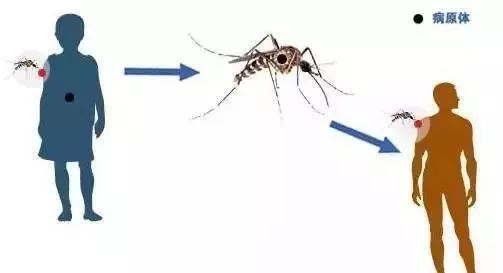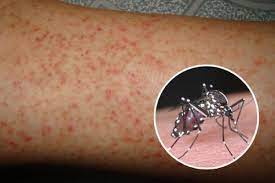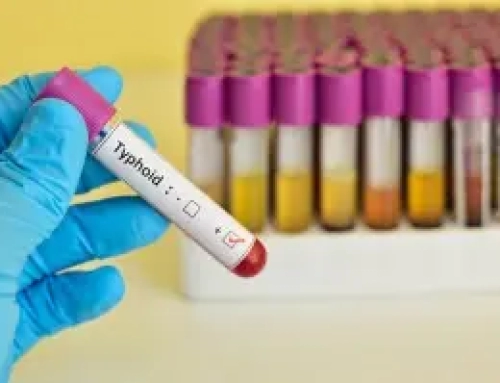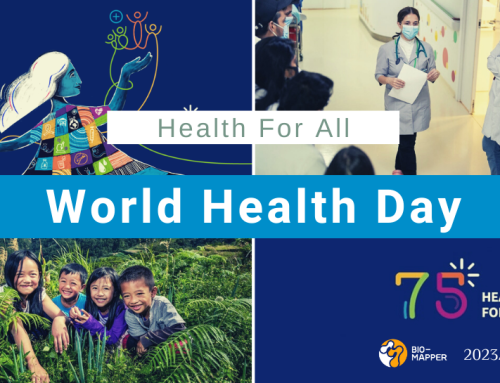Since the early clinical manifestations caused by dengue fever are similar to those of respiratory infectious diseases, coupled with the fact that the relevant vaccine has not yet been approved for marketing in China, some infectious disease experts say that in the context of the simultaneous existence of influenza, new crown and dengue fever this spring, it is necessary to focus on the pressure of disease treatment and drug stockpiling in urban basic medical institutions, and to do a good job of monitoring the vectors of dengue virus disease.
Many countries in Southeast Asia entered the dengue fever outbreak
According to the Beijing CDC WeChat public number on March 6, the number of dengue fever cases in Southeast Asia and other places has increased significantly recently, and the country has reported cases of dengue fever imported from abroad.
Guangdong CDC official website on March 2 also issued an article, said February 6, the mainland and Hong Kong and Macao to fully resume the exchange of people, Chinese citizens to 20 countries to restart the outbound group travel. Outbound travel requires close attention to the dynamics of the epidemic, pay attention to prevent dengue fever and other mosquito-borne infectious diseases.
February 10, Shaoxing CDC was informed that Shaoxing City reported a case of imported dengue fever, for travelers to Thailand during the Spring Festival.
Dengue fever, an acute insect-borne infectious disease caused by dengue virus and transmitted through the bite of the vector Aedes aegypti mosquito. The infection is mainly prevalent in tropical and subtropical regions, especially in countries and regions such as Southeast Asia, the Western Pacific, the Americas, the eastern Mediterranean and Africa.
For severe dengue, WHO says that patients can also save their lives if they receive timely medical care from experienced doctors and nurses who understand the condition and course of the disease. Ideally, the mortality rate could be reduced to less than 1% in most countries.
Travel to Southeast Asian countries on business must be well protected
In recent years, the global incidence of dengue fever has increased dramatically and spread rapidly. About half of the world population is at risk of dengue fever. Dengue fever occurs in tropical and subtropical climatic zones worldwide, mostly in urban and semi-urban areas.
The peak incidence of mosquito-borne infections is from July to October each year. Dengue fever is an acute infectious disease caused by the dengue virus and is transmitted to humans primarily through the bite of the Aedes albopictus mosquito. Mosquitoes usually get the virus when sucking the blood of infected people, infected mosquitoes can spread the virus throughout their lives, a few can also pass the virus to their offspring by eggs, incubation period of 1-14 days. Experts remind: in order to avoid infection with dengue fever, please go to Southeast Asian countries trade, travel and work staff, advance knowledge of the local epidemic situation, do mosquito prevention measures.
https://www.bio-mapper.com/product/








